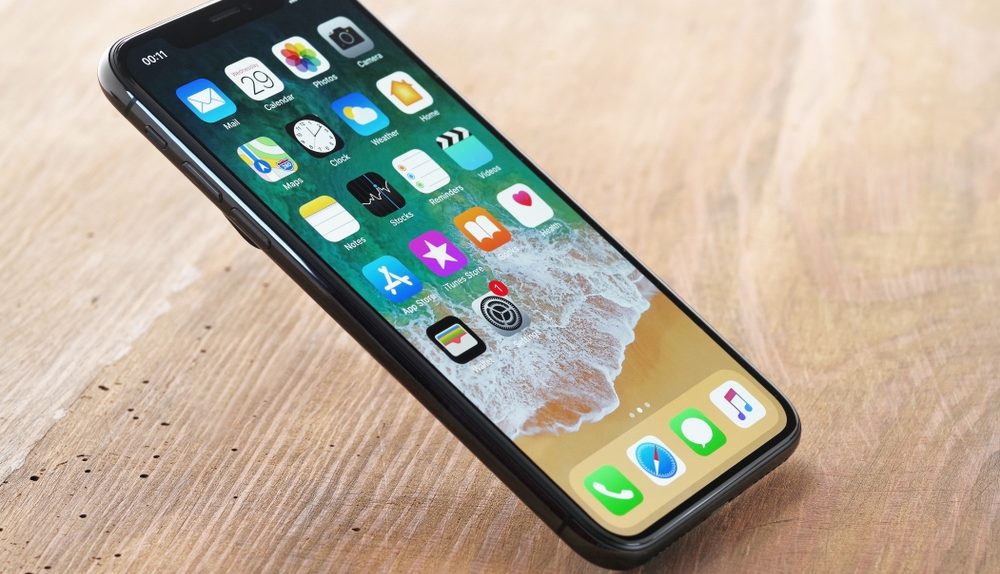With Apple and Qualcomm still embroiled in a bitter legal dispute over royalty payments, there have been scattered reports over the past few months regarding Apple’s intention to drop Qualcomm as a supplier of LTE modems on future iPhone models. In turn, rumblings from the rumor mill have relayed that Apple will instead look to both Intel and MediaTek to pick up the slack. As it stands now, Apple sources LTE modems for the iPhone from both Intel and Qualcomm.
That said, a new report from Fast Company claims that Apple won’t be able to fully part ways with Qualcomm ahead of the company’s 2018 iPhone lineup. Citing a source with purported knowledge of Apple’s plans, the report reveals that upwards of 70% of Apple’s forthcoming iPhone models will incorporate LTE modems from Intel, with the remaining 30% to be sourced from Qualcomm.
Interestingly, the source claims that yields on Intel’s LTE modems haven’t been as favorable as initially anticipated. Specifically, nearly 50% of manufactured chips have been unable to pass muster. While Intel is reportedly confident it can make the requisite improvements, Apple understandably doesn’t want to leave anything to chance when it comes to the iPhone.
The report reads in part:
But 2018 is the first year Intel will be fabricating its own modem chips using its 14 nanometer process.
Given that technological transition, Apple is apparently waiting to see how well Intel fulfills this year’s order. If Intel underdelivers, Qualcomm will make up the balance on top of the 30% it’s already planning to provide. There’s also a chance that if Intel can produce enough chips on time and on budget it could get more than the planned 70%, our source says.
While it stands to reason that Apple will eventually sever its business relationship with Qualcomm, it appears that might not happen until Apple’s 2019 iPhone lineup comes around.
Incidentally, it’s worth mentioning that iPhone X units with LTE modems from Qualcomm — in certain conditions — were found to boast faster LTE speeds than units sporting LTE modems from Intel. In other words, it’s probably best for Apple to wait for Intel to make improvements before closing the door on Qualcomm entirely.
Lastly, there’s no indication that Apple and Qualcomm will be settling their legal dispute anytime soon. On the contrary, it appears that both companies are digging in their heels and are willing to battle it out in court for however long it takes.







